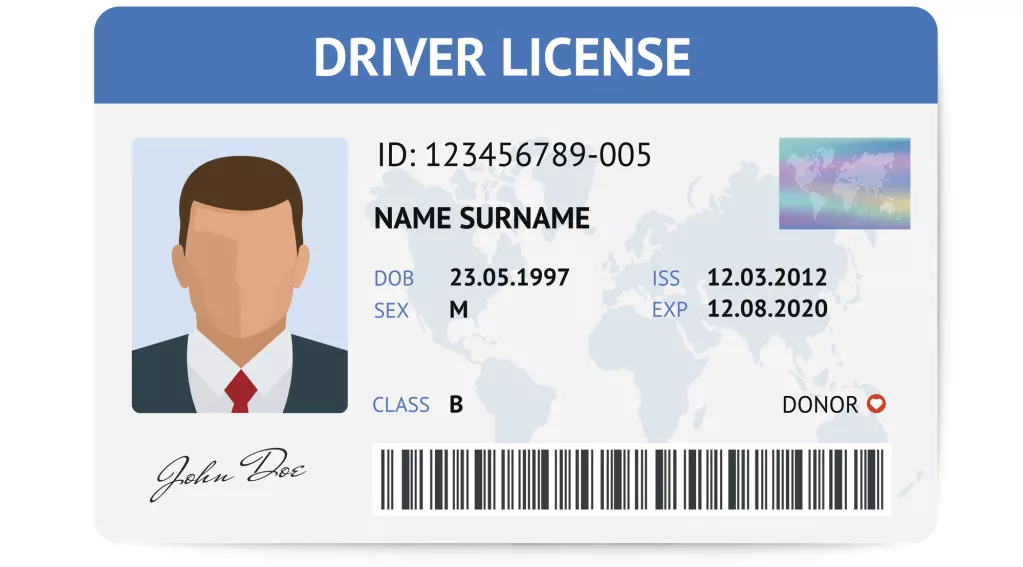Oregon Ban on Drivers’ Licenses for Illegal Aliens Upheld In Court Again

By David Jaroslav | September 14, 2018
On September 5, in a unanimous opinion, the U.S. Court of Appeals for the Ninth Circuit upheld Measure 88, holding the voters of Oregon could keep their state from issuing drivers’ licenses to illegal aliens.
Measure 88 was a “veto referendum” on the November 2014 Oregon general election ballot. The voters were asked to approve or reject Senate Bill (SB) 833, which authorized drivers’ licenses for illegal aliens. The bill had been passed by the state legislature in April of 2013 and signed by Governor John Kitzhaber (D) that May, but Oregonians For Immigration Reform (OFIR) gathered 58,291 certified valid signatures to put it to a public vote. And by an overwhelming margin of 66%-34%, nearly two-to-one, the voters rejected the bill and illegal-alien drivers’ licenses.
All through the process of getting on the ballot, Measure 88 was challenged in the state courts, finally being upheld by the Oregon Supreme Court on March 27, 2014. After the voters acted on it, illegal aliens and the open-borders crowd then turned to the federal courts, filing a federal civil-rights lawsuit against various state officials on November 4, 2015.
On behalf of OFIR, the Immigration Reform Law Institute (IRLI) moved to dismiss the federal suit. IRLI Executive Director and General Counsel Dale Wilcox described it as “a ridiculous case with no merit and … a waste of the court’s time and precious resources … about sour grapes as the overwhelming majority of Oregonians have spoken and rejected taxpayer-funded giveaways to those who have no legal right to be here.”
The federal district (trial) court dismissed the suit on May 16, 2016. Judge Ann Aiken ruled that because of the veto referendum, the legislative process for adopting the bill would not have been complete if the court somehow invalidated the voters’ rejection of it, so granting what they claimed to want would not actually result in a change of outcome. “[T]he state defendants,” she wrote in her order of dismissal, “cannot issue driver cards because no valid, existing Oregon law authorizes them to do so[.]” Therefore, the plaintiff illegal aliens’ claim lacked “redressability,” meaning they had no standing to sue, and the court as a consequence had no jurisdiction.
The Ninth Circuit affirmed Judge Aiken’s ruling. The three-judge panel agreed with the lower court that the illegal aliens’ lawsuit did not amount to a redressable claim, since granting what they were asking for either would not result in an actual change of outcome, or would require the court to go beyond its own authority. Indeed, in remarkably strong language, the court said doing what the plaintiffs wanted would be “incompatible with democratic principles embedded in the structure of the Constitution … [and] also violate[] principles of federalism.”
OFIR said in a press release, “[i]t’s not often we praise the 9th Circuit Court of Appeals – but, this time they deserve it!” Dale Wilcox with IRLI called the opinion, “a tremendous win for residents of Oregon and the American people at large,” adding that “[t]he result … will be safer communities that better serve the interests of their citizens and legal residents.”
Attorney David Henretty with the Oregon Law Center, which represented the illegal aliens, commented that they “are disappointed by the opinion and are considering our options.” They could still ask the U.S. Supreme Court to review the case, but that seems unlikely when no court, state or federal, has ever ruled in their favor.
